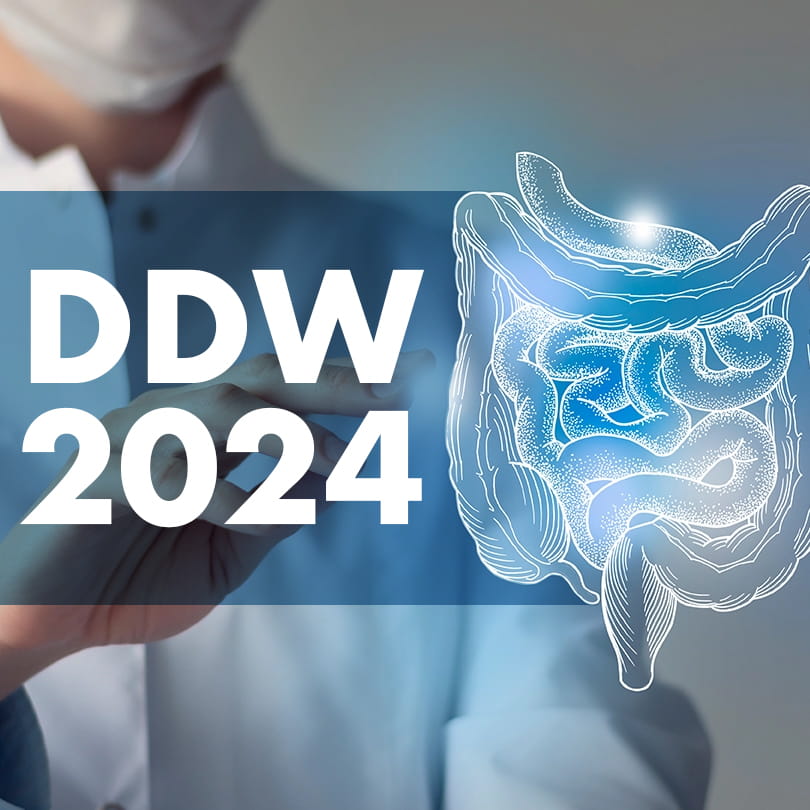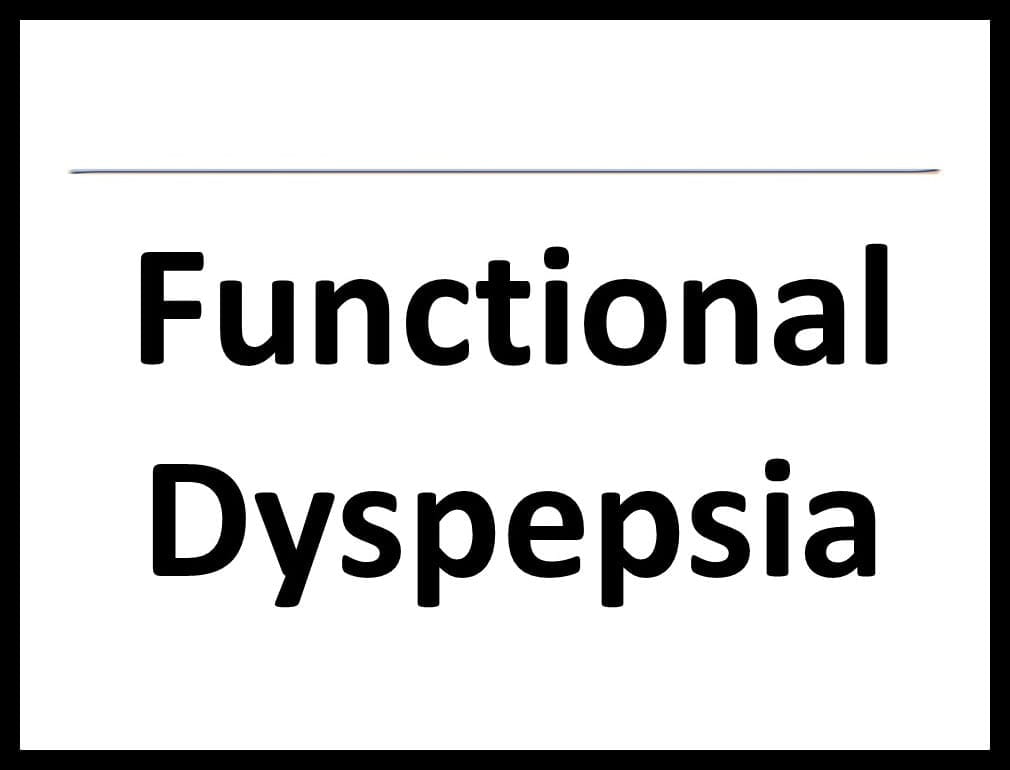A systematic review and meta-analysis of randomized controlled trials (RCTs) were presented, focusing on the impact of proton pump inhibitors (PPIs) with dual antiplatelet therapy (DAPT) in patients who had recently undergone percutaneous coronary intervention (PCI) or had acute coronary syndrome (ACS). Dual antiplatelet therapy using aspirin and P2Y12 inhibitors is essential for patients with ACS and post-PCI. Still, it increases the risk of gastrointestinal (GI) bleeding, which can lead to higher morbidity and mortality. PPIs, when used with DAPT, may reduce this GI bleeding risk. The study aimed to evaluate the effects of PPI on DAPT outcomes. The European Society of Cardiology (ESC) guidelines recommend starting PPI with DAPT for all coronary artery disease (CAD) patients. However, the 2010 expert consensus from the American College of Cardiology Foundation (ACCF), the American College of Gastroenterology (ACG), and the American Heart Association (AHA) recommends PPI use only for high-risk bleeding patients.
In methodology, a search of four major databases—PubMed, Web of Science Core Collection, EMBASE, and the Cochrane Central Register of Controlled Trials—was conducted from inception until November 10, 2023. Inclusion criteria were RCTs comparing DAPT with PPI in patients experiencing upper GI bleeding. Studies including only aspirin or clopidogrel alone were excluded, as well as observational studies, review articles, and editorials. The primary outcome was upper GI bleed, and secondary outcomes included major cardiovascular events, myocardial infarction, and all-cause mortality. A random effect model was used to pool risk ratios with 95% confidence intervals, and heterogeneity was assessed using the I² statistic.
The results showed that the meta-analysis included six RCTs with a total of 6,620 patients (3,301 on PPI and 3,319 not on PPI), with a mean age of 64.2 years and 75% male. Patients receiving PPI therapy had a significantly lower risk of upper GI bleed and all-cause mortality compared to the non-PPI group. However, there were no significant differences between the groups in terms of major adverse cardiovascular events and myocardial infarction.
The limitation of the study was RCTs included different types of PPIs (omeprazole, lansoprazole, esomeprazole), and some control groups used placebos or H2 receptor antagonists, which could affect outcomes.
In conclusion, PPI therapy with DAPT significantly reduces the risk of upper GI bleed and all-cause mortality without adversely affecting major cardiovascular outcomes.
Digestive Disease Week (DDW) 2024, May 18-21, 2024, Washington, D.C.

.svg?iar=0&updated=20230109065058&hash=B8F025B8AA9A24E727DBB30EAED272C8)


